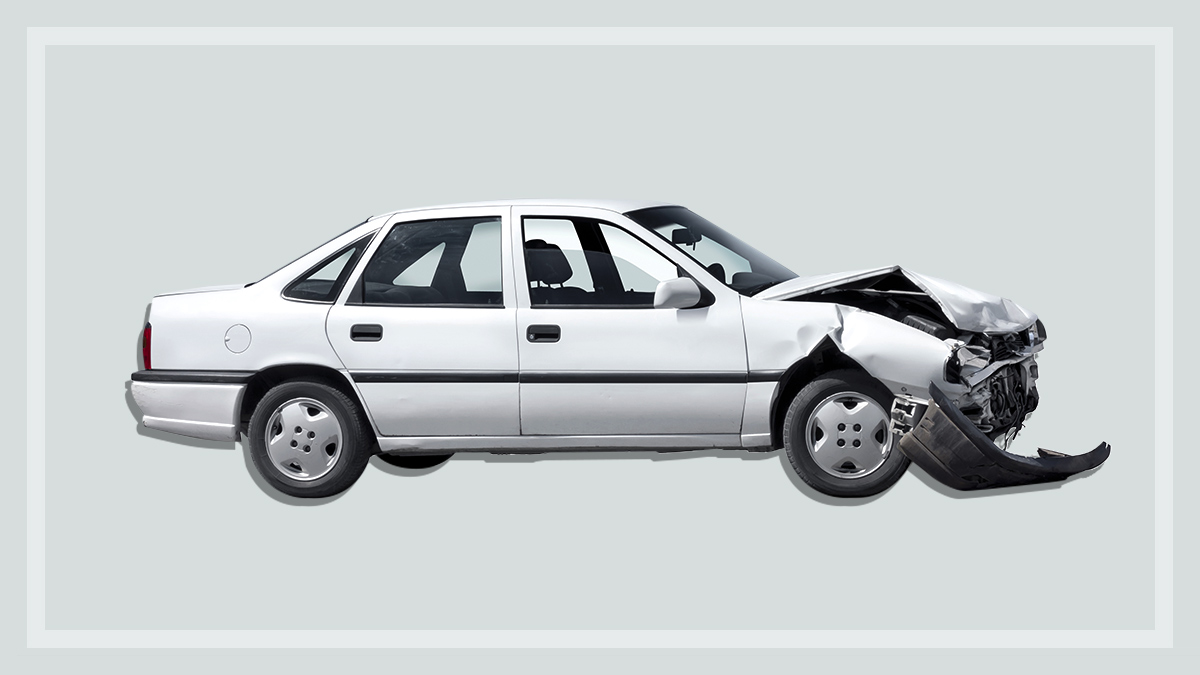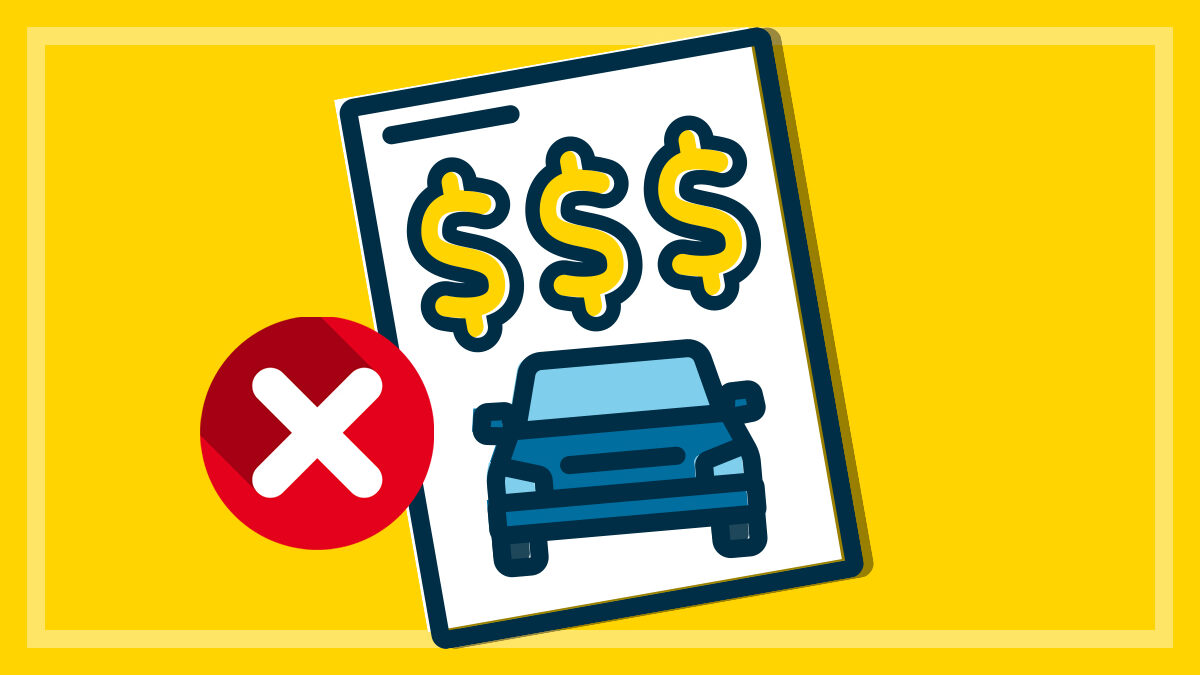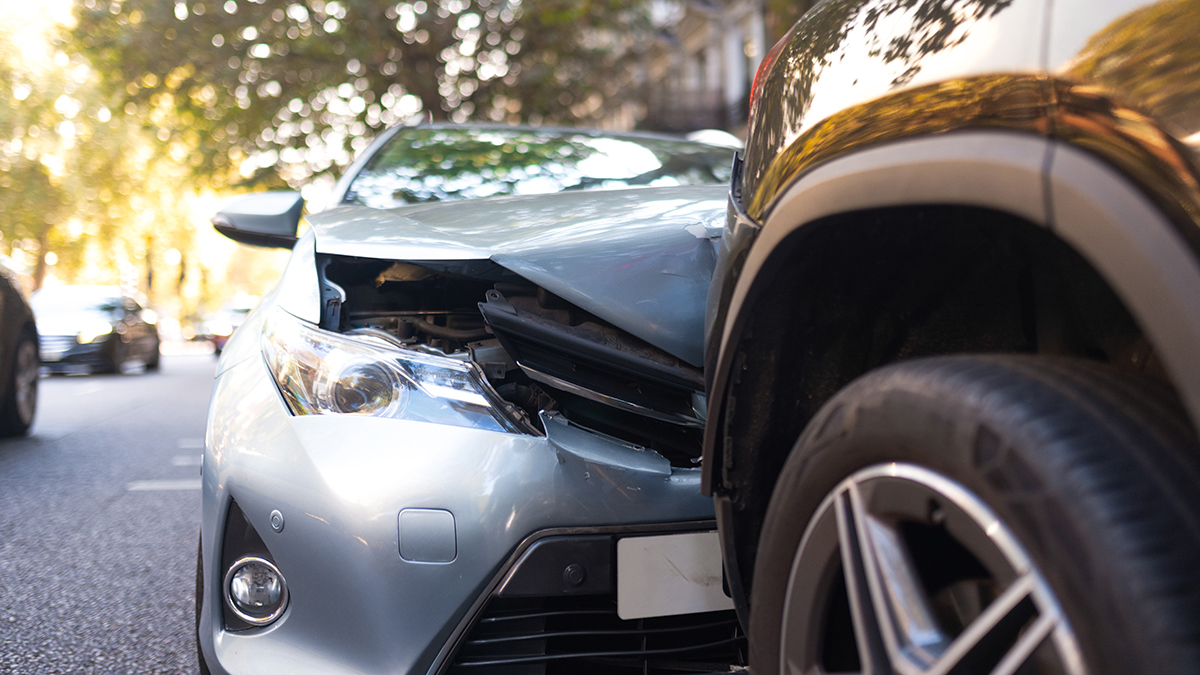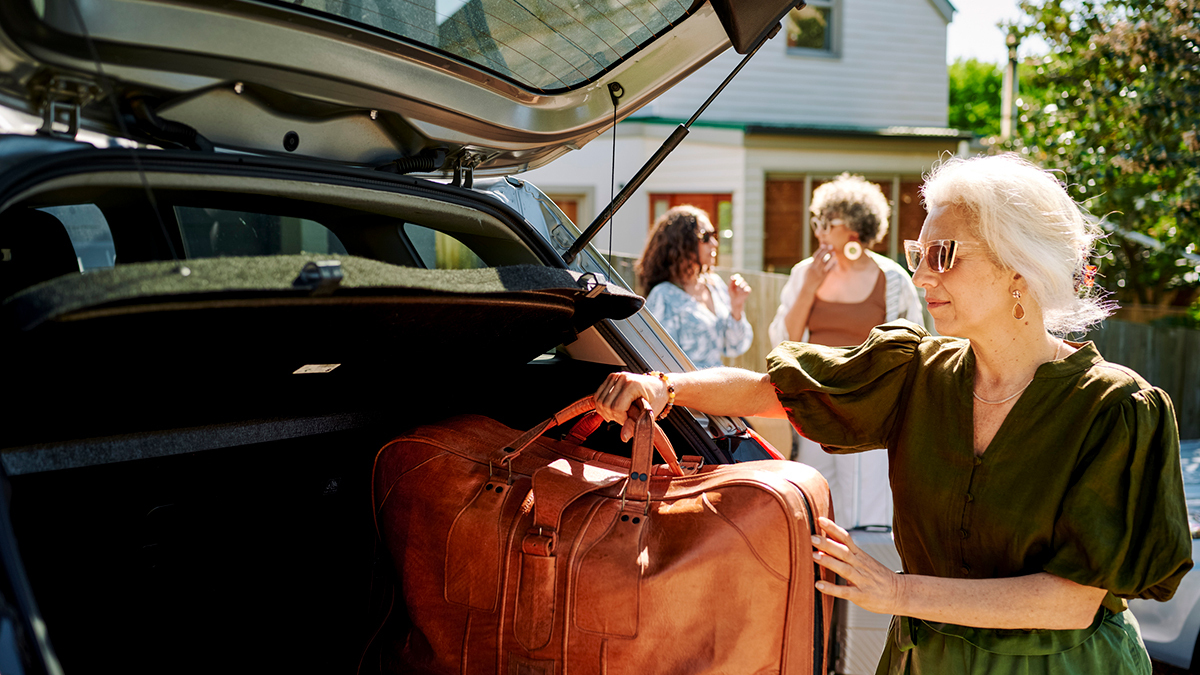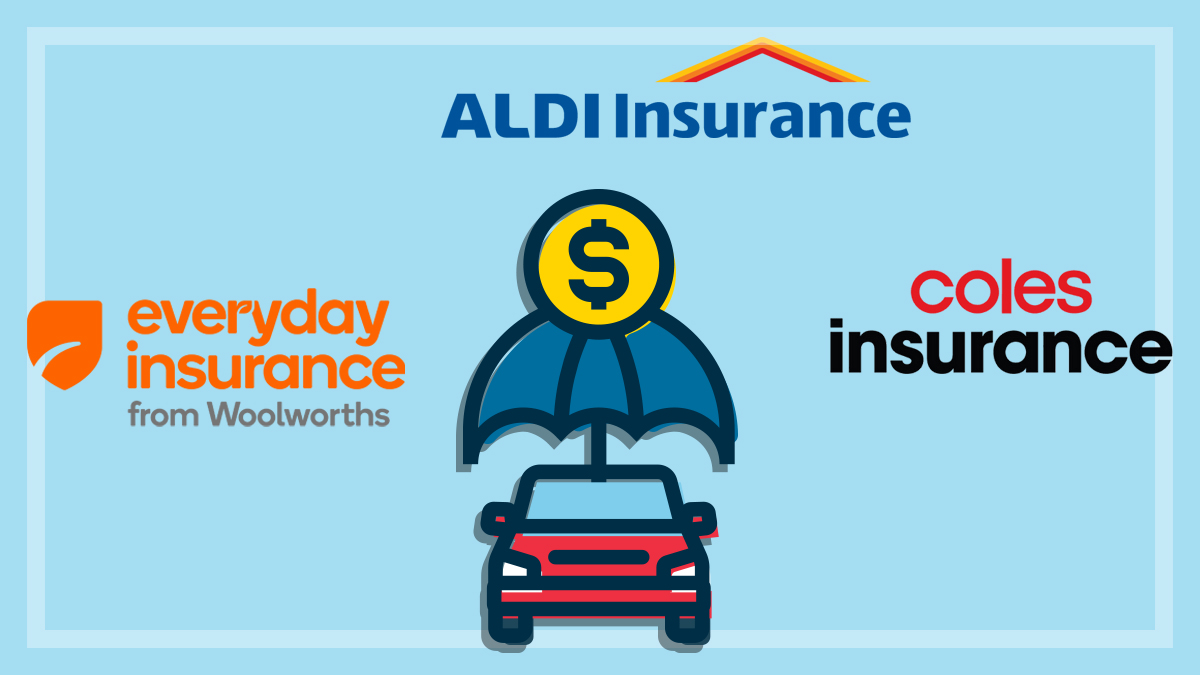Get our independent lab tests, expert reviews and honest advice.
How to save money on car insurance
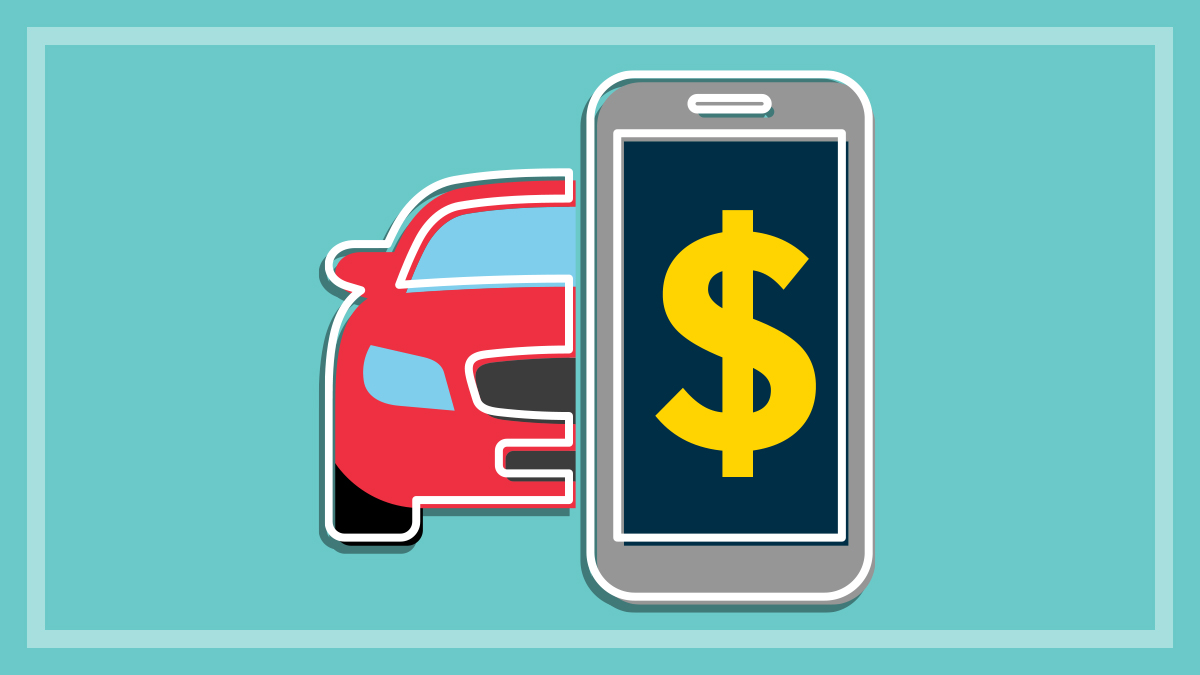
Car insurers have used inflation as an excuse to push up premiums this year and to increase their profits. So, if your car insurance premium has increased dramatically or even doubled, you’re not alone. The good news is, there are still reliable ways for you to save money.
If you’re looking for the best policy for the lowest price, use our tool to compare over 50 comprehensive car insurance policies. You’ll save money and get better cover with car insurance policies recommended by CHOICE.
Unlike other insurance comparison websites, CHOICE doesn’t get paid by any of the insurers we’re comparing. CHOICE is nonprofit, so your membership fees help our fight for fair consumer rights, and empower you to get the best products.
1. Switch to a cheaper car insurer
Loyalty doesn’t pay, unless you’re a car insurer. Shopping around is the most effective way to save on car insurance. Not only do premiums vary widely between insurers, they also vary between new and old customers.
We call it the ‘loyalty penalty’: the insurers cash in on consumers who renew their policies without shopping around. So even if you have stayed with your insurers for years and years and are promised high loyalty discounts, shop around when your insurance is up for renewal.
In all states, average premiums for the most expensive policy are more than double the average premiums for the cheapest, so there are a lot of savings to be found.
This infographic is called “How much is car insurance?” It has a bar chart that displays the average premium for the cheapest and most expensive policy in each state.
In the Australian Capital Territory average premiums ranged from $820 to $1954.
In New South Wales average premiums ranged from $1207 to $2497.
In the Northern Territory average premiums ranged from $1321 to $2885.
In Queensland average premiums ranged from $1007 to $1979.
In South Australia average premiums ranged from $915 to $2061.
In Tasmania average premiums ranged from $794 to $1654.
In Victoria average premiums ranged from $1051 to $2663.
In Western Australia average premiums ranged from $913 to $2214.
Note: Average premiums based on a market-representative sample of 233,296 quotes collected in July 2025. Quotes for a wide variety of customer profiles were collected at the insurers’ default excess, then adjusted to a standardised excess to permit like-for-like comparisons. We calculated the average premium for all policies: premiums shown are for the policies with the lowest and most expensive average quote across all scenarios in a state or territory.
The Australian Security and Investment Commission (ASIC) has recently cracked down on complex pricing practices by insurers that means that promised loyalty discounts have not fully eventuated as they were applied to a higher base premium instead of on the lower base premium new customers paid.
2. Take out one of our recommended policies
The policies our experts recommend have superior cover, and they’re often cheaper than average policies. When we compare car insurance we look at what cover a policy provides and how much it costs on average in a state or territory.
The best policies are recommended by our experts and they are the ones you should start with when shopping around. Compare car insurance.
This infographic is titled “How much can you save with a policy recommended by Choice?” It depicts a map of Australia with a dollar figure superimposed over each state and territory. The dollar figures are the difference between the average premium of the cheapest recommended policy in that state, and the average premium of all non-recommended policies. Averages are based on market-representative quotes collected in April 2025.
For the Australian Capital Territory, the potential saving is $422.
For New South Wales, the potential saving is $317.
For the Northern Territory, the potential saving is $567.
For Queensland, the potential saving is $87.
For South Australia, the potential saving is $305.
For Tasmania, the potential saving is $204.
For Victoria, the potential saving is $378.
For Western Australia, the potential saving is $298.
3. Pay a higher excess if you can
The excess is how much you’ll pay out of your own pocket when you make a claim. Choosing a policy with a higher excess will reduce how much you pay for your cover.
So if you can afford to pay more than the standard excess should you need to make a claim, then it could be a good idea. But consider all the excesses that could apply in case of a claim. For example, if you’re under 25 and you’re the at-fault driver, there’s an added ‘age excess’ you’ll have to pay on top of your policy excess. Read more tips for young drivers.
Choosing a policy with a higher excess will reduce how much you pay for your cover
Increasing the excess on your policy will not only lower your premium upfront, it might also protect you from future premium increases. How?
Well, when you make a claim that the insurer has to pay out, you may find your premium goes up when it’s time to renew. Even claims for damages that are out of your control – such as windscreen claims, hailstorm, theft and collision with animals – commonly increase your premium.
But if you have a higher excess, you won’t be putting small claims through your insurance, but rather paying for smaller repairs yourself. Not putting these through the insurer means you won’t be penalised with higher premiums for making a claim.
4. Ask about a cheaper premium for driving less
Comprehensive policies with a ‘drive less, pay less’ approach limit your cover to a certain number of kilometres, for a cheaper premium.
If you know how much you’re driving on average, mention this when you get a quote and use it to negotiate a cheaper premium. Some insurers offer a discount for low kilometres, they include:
- AAMI
- Apia
- Australian Seniors
- Budget Direct
- Coles
- Everyday Insurance from Woolworths.
- GIO
- Suncorp
Insurers that don’t advertise this may still offer a discount.
5. Get a discount
Car insurers offer a number of discounts:
- Online discount – Insurers like NRMA and AAMI give you a discount on your first year’s premium if you take out your insurance online.
- Multi-policy discount – Many insurers give you a discount if you take out two or more policies with them, for example, GIO gives you a discount if you take out home, contents and car insurance with them.
- Annual payment discount – Insurers like Suncorp charge you less if you pay the annual premium upfront. If this isn’t an option for you, look for an insurer that lets you make monthly payments without an extra cost. Insurers offering monthly payments at no extra cost include Allianz, CGU, National Seniors, NRMA and RAA.
- Nominated drivers – Insurers like Allianz give you a discount if you nominate specific drivers. Other insurers may give you a discount if you limit drivers to people over a specific age, this may be a good option for senior drivers. But beware: if someone else sometimes drives your car, a high unlisted driver excess can apply if they have an accident.
6. List your current insurer to reduce your premium
The insurer may also discount your premium depending on who your previous car insurer was. For example, we found Woolworths Everyday and Australian Seniors Insurance will quote you a cheaper premium if your previous insurer was Budget Direct. While GIO will quote you less if your previous insurer was their direct competitor, NRMA.
- Quoting for a family car based in Sydney, AAMI, Suncorp, and GIO all offered a 5% lower premium if your current insurer was NRMA, compared to quotes with no previous insurer listed.
- Woolworths Everyday Insurance, Australian Seniors, Huddle and Real all gave a 5.5% cheaper quote if your current insurer was Budget Direct and a 1.1% cheaper quote if your current insurer was Youi.
- On the Bingle website, we found cheaper premiums of about:
- 8% if your current insurer is Youi
- 12% if you’re switching from NRMA
- 13% if it’s Budget Direct
- and 10% if you”re with AAMI, Allianz, QBE or Suncorp.
Have you found some insurers will offer a cheaper price depending on which company you’re switching from? Let us know in the CHOICE Community.

